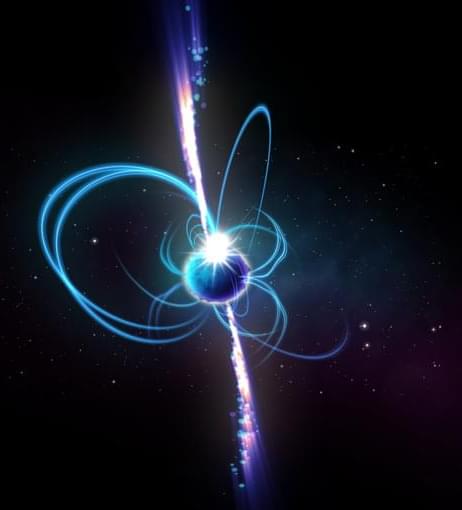The black hole dubbed B023-G078 is one of the only confirmed intermediate-mass black holes that astronomers have discovered.
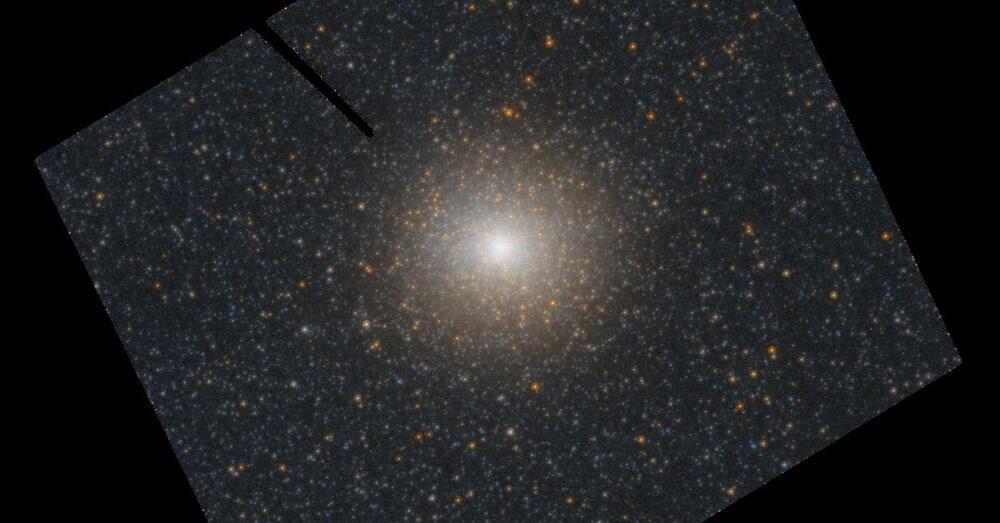

In 2014, physicists found evidence of a deep connection between quantum error correction and the nature of space, time and gravity. Generally, gravity is defined as the fabric of space and time but beyond Einstein’s theory, there must be a quantum origin from which the space-time somehow emerges.
The three physicists at the origin of this discovery, Ahmed Almheiri, Xi Dong and Daniel Harlow, suggested that a holographic “emergence” of space-time works just like a quantum error-correcting code. In their paper “Bulk Locality and Quantum Error Correction in AdS/CFT” published in its first version in November 2014, they showed that space-time emerges from this quantum error correction code in an anti-de Sitter (AdS) universes.
The discovery is opening a new way to capture more properties of space-time.
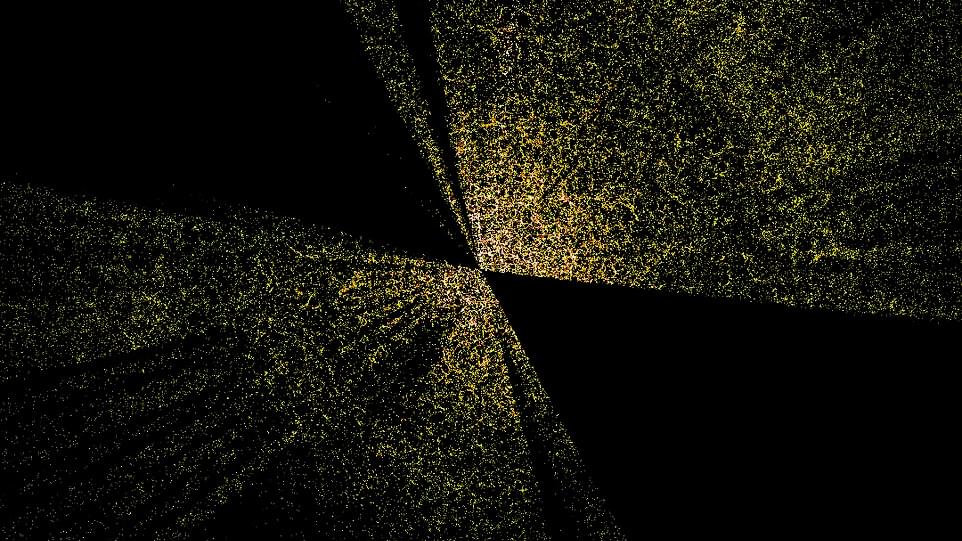

If a particle has no mass, how can it exist?
Scientists think that, under some circumstances, dark matter could generate powerful enough gravitational waves for equipment like LIGO to detect.
Four physicists share their journeys through academia into industry and offer words of wisdom for those considering making a similar move.
Topics include the prospects of technological acceleration, Metaverse development and immersive computing, transcendence and cybernetic immortality, neurotechnologies and mind uploading, outer and inner space exploration, Global Mind and phase transition of humanity, physics of time and information, consciousness, evolutionary cybernetics, Chrysalis conjecture and Transcension hypothesis, Artificial General Intelligence and cyberhumanity, transhumanism and singularity, Fermi Paradox, Omega Point cosmology, Cybernetic Theory of Mind, and more. https://www.ecstadelic.net/e_news/metaverse-news-network-liv…x-vikoulov #Metaverse #Singularity #Transhumanism #Transcension #Futurism #Cybernetics #SyntellectHypothesis #AlexVikoulov
According to our current Cosmological models, the Universe began with a Big Bang roughly 13.8 billion years ago. During the earliest periods, the Universe was permeated by an opaque cloud of hot plasma, preventing atoms from forming. About 380,000 years later, the Universe cooled to a temperature of about-270 °C (−454 °F), which converted much of the energy generated by the Big Bang into light. This afterglow is now visible to astronomers as the Cosmic Microwave Background (CMB), first observed during the 1960s.
One peculiar characteristic about the CMB that attracted a lot of attention was the tiny fluctuations in temperature, which could provide information about the early Universe. In particular, there is a rather large spot in the CMB that is cooler than the surrounding afterglow, known as the CMB Cold Spot. After decades of studying the CMB’s temperature fluctuations, a team of scientists recently confirmed the existence of the largest cold spots in the CMB afterglow – the Eridanus Supervoid – might be the explanation for the CMB Cold Spot that astronomers have been looking for!
The research was conducted by the Dark Energy Survey (DES), an international team of researchers made up of 300 scientists from 25 institutions in seven countries. The research team was led by András Kovacs, an astrophysicist with the Instituto de Astrofísica de Canarias (IAC) and the University of Laguna in Tenerife, Spain. The results of their study, titled “The DES view of the Eridanus supervoid and the CMB cold spot,” appeared in the Monthly Notices of the Royal Astronomical Society on December 17th, 2021.
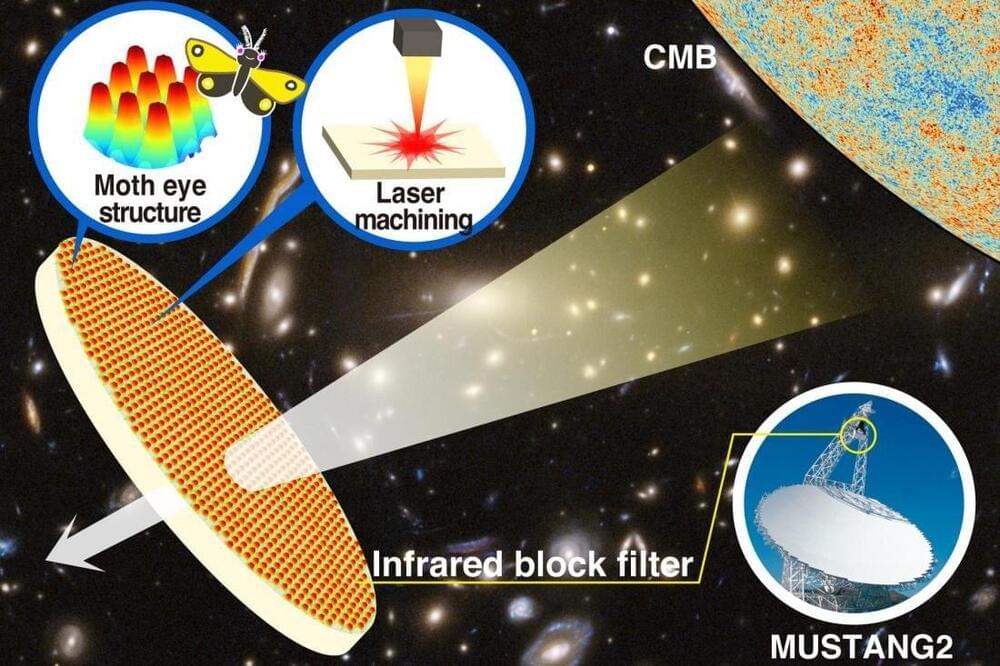
Scientists from the Kavli Institute for the Physics and Mathematics of the Universe and the University of Minnesota, Tomotake Matsumura and Shaul Hanany, and their collaborators have made a new type of optical element that will improve the performance of telescopes studying radiation from the Big Bang.
The cosmic microwave background (CMB) is a relic radiation remnant from the big bang. It reaches our telescopes after traveling 14 billion years since the birth of the Universe. Studying the properties of this radiation, scientists infer the physics of the big bang, how clusters of galaxies form, and the matter and energy content in the Universe. Four Nobel prizes have been awarded for past studies of the CMB.
To study the CMB, telescopes must be tuned to wavelengths in which it is most intense, about 1–3 mm, and they must separate out shorter wavelength radiation that the atmosphere and Milky Way emit. Among the most effective optical elements that absorbs the short wavelength radiation but lets the CMB pass through is alumina, a material made of aluminum and oxygen and that is second in hardness only to diamond. One challenge with using alumina is that it also reflects almost 50% of the radiation impinging on it. Matsumura and Hanany have now come up with a new way to fabricate anti-reflective structures that reduce reflections fifty-fold.
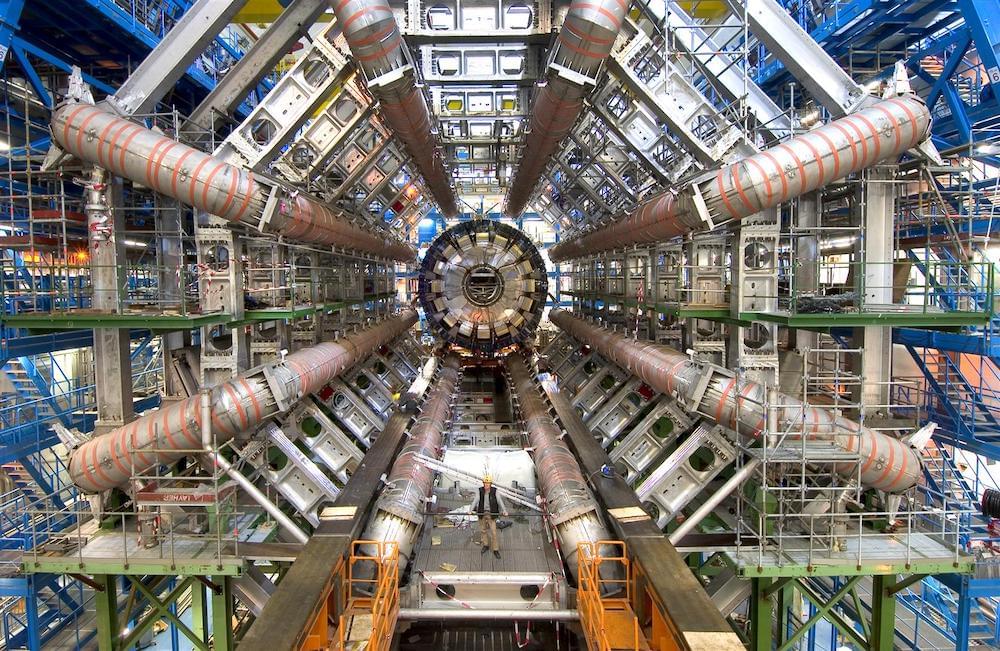
Physicists must swing between crafting the mind-bending ideas about reality that make up theories and advancing technologies to the point where new experiments can test those theories. 2021 was a big year for advancing the experimental tools of physics.
First, the world’s largest particle accelerator, the Large Hadron Collider at CERN, was shut down and underwent some substantial upgrades. Physicists just restarted the facility in October, and they plan to begin the next data collection run in May 2022. The upgrades have boosted the power of the collider so that it can produce collisions at 14 TeV, up from the previous limit of 13 TeV. This means the batches of tiny protons that travel in beams around the circular accelerator together carry the same amount of energy as an 800,000-pound (360,000-kilogram) passenger train traveling at 100 mph (160 kph). At these incredible energies, physicists may discover new particles that were too heavy to see at lower energies.
Some other technological advancements were made to help the search for dark matter. Many astrophysicists believe that dark matter particles, which don’t currently fit into the Standard Model, could answer some outstanding questions regarding the way gravity bends around stars – called gravitational lensing – as well as the speed at which stars rotate in spiral galaxies. Projects like the Cryogenic Dark Matter Search have yet to find dark matter particles, but the teams are developing larger and more sensitive detectors to be deployed in the near future.
Breakthrough Prize winner Alan Guth developed the theory of inflation to answer to our cosmic origins. It’s one of the most studied and debated theories in cosmology, with research propelling Guth’s work to the forefront of scientific conversation.
In this Master Class, Professor Guth addresses what experiments could potentially rule out the BICEP2 results. Since recording this in 2017, the Planck spacecraft collected the data that Professor Guth anticipated, which shows that the initial observations were likely an artifact of interstellar dust, not primordial gravitational waves.
This lecture was recorded on xyz at the World Science Festival in New York City.
Experience the associated free online course at World Science U:
Official Site: https://www.worldscienceu.com.
